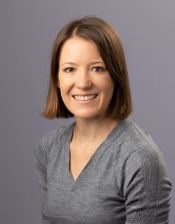Dr. Caitlin Tems
Education
Ph.D. in Geological Sciences, University of Southern CaliforniaBachelor of Arts in Geology, Colorado College
Contact Information
Email: caitlintems@weber.edu
Phone: 801-626-7421
Office Location: Tracy Hall Science Center (TY) Room 311, Mail Code 2507
Teaching Philosophy & Focus
My goal as a scientist and an educator is to provide students with a strong foundation in the geosciences and climate science while challenging them to investigate the world around them, ask questions, and begin to tackle the important issues facing society. My teaching philosophy focuses on active, inquiry-based learning that is founded upon teaching aspiring scientists and non-scientists alike to critically analyze data and information they are learning in the classroom and the field. I utilize a combination of teaching techniques in each class, including problem-based learning, interactive demonstrations, class activities, group discussions, and field trips, in addition to incorporating components of traditional “chalk talks” and presentation of data and useful figures using technology. My areas of expertise are oceanography, paleoclimate, and marine geochemistry.Courses Taught
GEO 1030 PS - Earthquakes and Volcanoes
GEO 3010 - Oceanography and Earth Systems
Research Areas of Interest
My research interests center around marine geochemistry, paleoclimate, modern climate change, geoscience education, and science communication. My geologic research primarily focuses on using stable isotopes and geochemical techniques to investigate paleoclimate, modern climate change, and biogeochemical cycling in marine sediments. I recently expanded my research endeavors to include geoscience education research and the development of science communication activities to promote science literacy. Improving science communication between scientists, students, and the public is imperative in order to increase the number of students who pursue scientific fields, and to foster the development of a well-informed public who can be active members of their communities.Specific Projects
Tracking Fluctuations in the Intensity of the Eastern Tropical North Pacific Oxygen Minimum Zone:My oceanographic research focuses on reconstructing fluctuations in the intensity of oxygen minimum zones (OMZs) in the ocean, investigating what factors drive fluctuations, how the oxygen minimum zone signal is transported by ocean circulation, and how this is influenced by climate. My research thus far has concentrated on the eastern tropical North Pacific (ETNP) OMZ which is located below a highly productive region of the ocean and is an area of key biogeochemical cycling. It accounts for approximately a third of all water column denitrification, and therefore fluctuations in the degree of denitrification in the ETNP have important consequences for the global budget of fixed nitrogen and climate change. My work utilizes nitrogen isotopes (δ15N) from laminated marine sediments as a proxy for the degree of water column denitrification as well as additional geochemical proxies to constrain carbon export/production. The goal of my work is to identify mechanisms related to the climate system (such as the Pacific Decadal Oscillation) that may influence carbon production/export and OMZ intensity during the late Holocene and how the signal is transported along the coast of western North America.
Ocean and Earth Science Communication & Scientific Literacy:
Communication of scientific knowledge between researchers and the general public is critical and one of my goals is to help improve geo/ocean science education and communication of that knowledge. With collaborators at the Virginia Institute of Marine Science, we have developed a science communication project that integrates projects in undergraduate and graduate student classrooms with the goals of (1) improving communication skills between scientists and the public, (2) expanding undergraduate understanding of research and potential careers in the geosciences, (3) increasing the involvement of underrepresented students in geoscience fields. Data is collected on the project each year to evaluate how the activity impacts the students' understanding of the oceans as part of Earth's system, current oceanographic research, potential career paths, and desire to pursue a scientific career.
New Projects:
As with marine sediments, lacustrine sediments provide insight into paleoclimate and biogeochemical cycling. My goal is to develop new projects investigating paleoclimate and biogeochemical cycling in the Great Salt Lake and alpine environments. Prospective projects are under development to investigate the frequency and duration of anoxic events in the Great Salt Lake, alteration of biogeochemical and nutrient cycling, and influence on organic matter preservation in the sediments. Please reach out to me if you are interested in participating in undergraduate student research!

